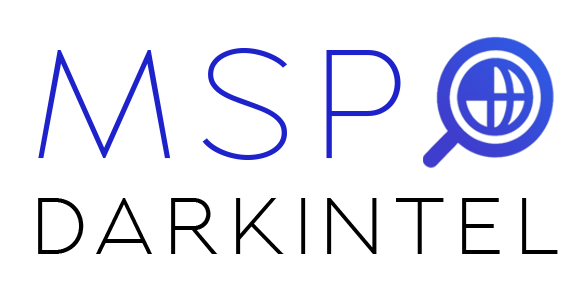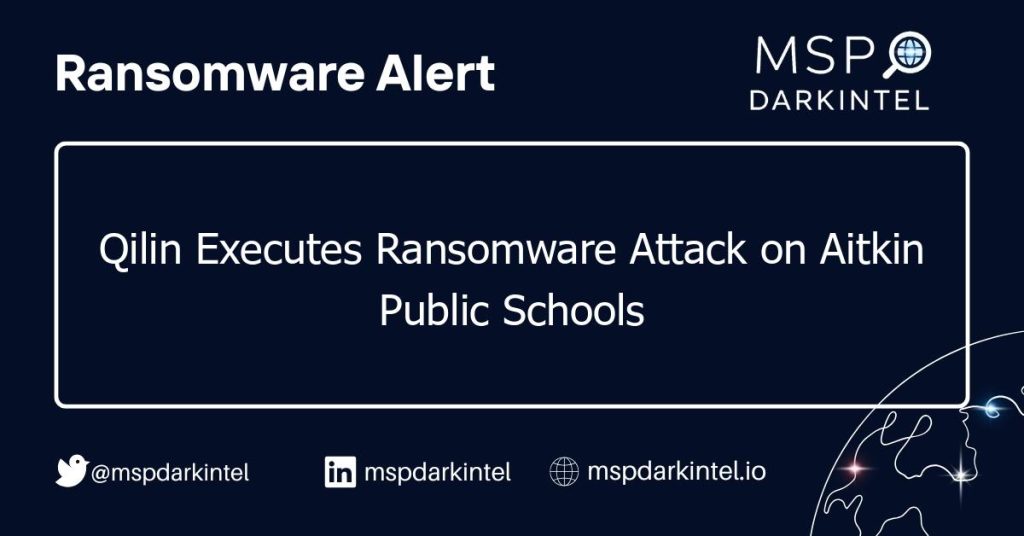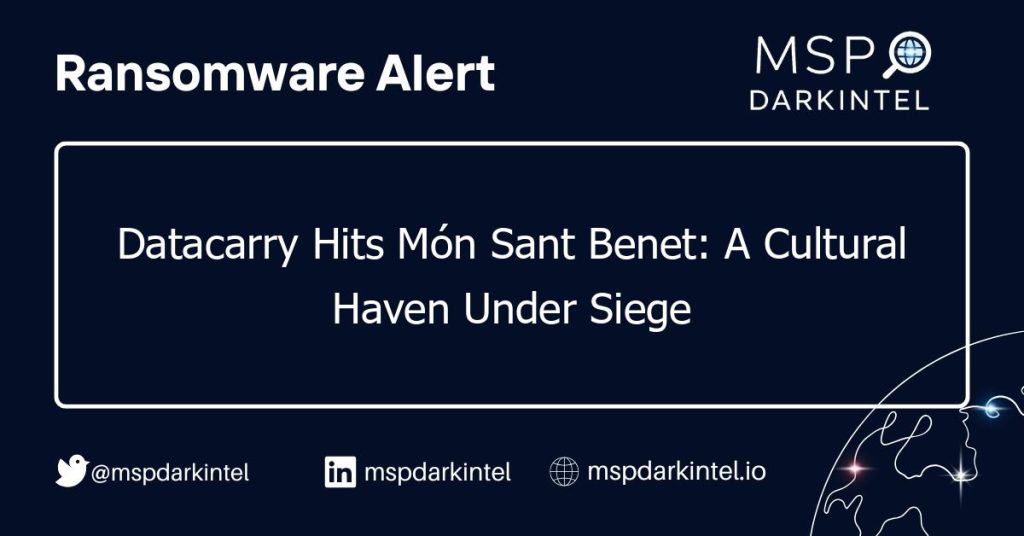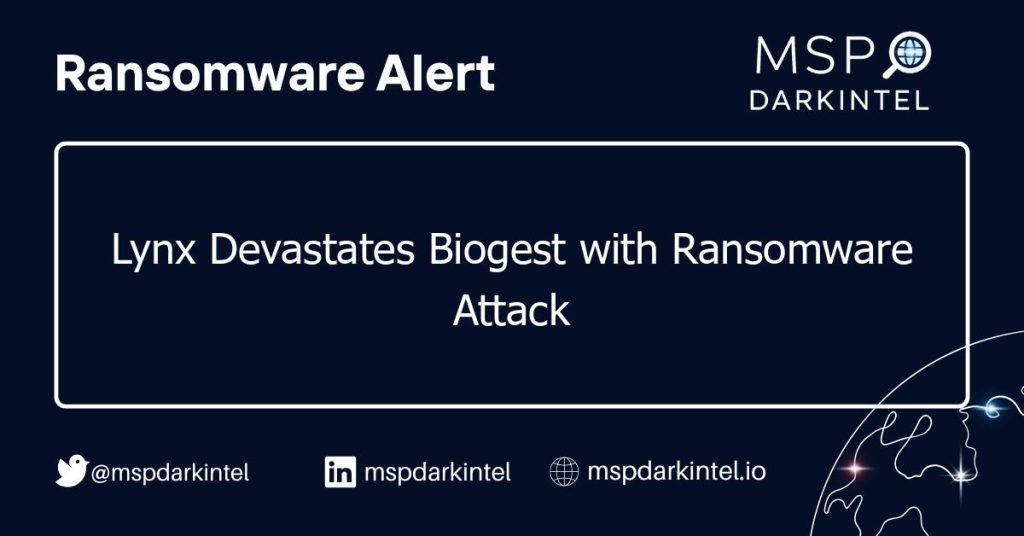The dark web represents a concealed segment of the internet that requires specific software, like the Tor browser, to access. Distinct from the deep web, which includes unindexed sites such as medical records, the dark web is smaller yet crucial for anonymity in both legal and illegal activities. To explore it safely in 2025, users should install a VPN and consider using a virtual machine or a disposable operating system to minimize risks. Education through online courses and reliable blogs can enhance understanding of this unique space. However, caution is essential due to potential scams and legal implications that could arise.
Table of Contents
- Understanding the Dark Web
- Key Characteristics of the Dark Web
- Navigating the Dark Web Safely
- Accessing the Dark Web
- Educational Resources for Dark Web Users
- Risks and Precautions on the Dark Web
- Notable Dark Web Platforms
- Ethical Use of the Dark Web
- Frequently Asked Questions
Understanding the Dark Web
The dark web is a hidden part of the internet that cannot be accessed through traditional search engines. To explore this area, users need specialized software, primarily the Tor browser. It is essential to distinguish between the dark web and the deep web. The deep web consists of web pages that are not indexed by search engines, such as medical records and personal accounts, constituting about 90-96% of the internet. In contrast, the dark web is a smaller subset of the deep web, accounting for approximately 6% of the internet, and it includes both illegal activities and spaces that promote privacy and free speech.
One of the defining features of the dark web is its focus on anonymity. This characteristic allows users to browse without revealing their identities, which is particularly vital for individuals living under oppressive regimes where free expression is stifled. The content found on the dark web is diverse, ranging from forums that support whistleblowers and activists to marketplaces that sell illegal goods. This mix illustrates the complex nature of the dark web, where both ethical and unethical uses coexist.
User demographics vary widely, including everyday individuals seeking privacy, hackers, activists, and even law enforcement agencies monitoring illegal activities. Ethical discussions surrounding the dark web often focus on its role as a platform for free speech versus its use for criminal activity. Historically, the dark web has evolved since the inception of the Tor project, serving as both a haven for privacy advocates and a marketplace for illicit goods. Despite common myths that label the dark web as solely a hub for criminality, it also hosts legitimate uses that deserve recognition.

Key Characteristics of the Dark Web
The dark web is primarily known for its emphasis on anonymity, allowing users to engage with content without revealing their identities. This characteristic is crucial for individuals seeking privacy, whether for personal or political reasons. Within this hidden realm, one finds a mix of legal and illegal content, from forums that support whistleblowers to marketplaces that trade in illicit goods, reflecting the dual nature of the dark web. Accessing this space typically requires specific tools, with the Tor browser being the most common. While Tor provides a pathway to anonymity, it also necessitates careful navigation due to various risks. Users encompass a diverse group, including activists, journalists, and those looking to bypass censorship, showcasing the varied motivations for venturing into this hidden part of the internet. Strong encryption practices are prevalent, safeguarding user data and communications from potential surveillance. Additionally, the dark web hosts numerous marketplaces where both legal and illegal goods are exchanged, often using cryptocurrencies to facilitate transactions. Community interactions thrive in the form of forums and discussion groups, where users can share information and support one another. However, the absence of centralized content moderation leads to a wide range of content quality, raising concerns about reliability. Finally, while accessing the dark web is legal in many jurisdictions, the ambiguity surrounding its legality underscores the importance of understanding local laws and regulations.
Navigating the Dark Web Safely
To explore the dark web securely, start by installing a VPN. This will mask your IP address and encrypt your internet traffic, making it difficult for anyone to monitor your online activities. Next, use the Tor browser, which is essential for accessing .onion sites, as regular browsers like Chrome or Firefox can jeopardize your anonymity. For added safety, consider using a Virtual Machine (VM). A VM can isolate your browsing environment from your main operating system, helping to contain any potential malware.
Another effective option is to utilize a disposable operating system such as Tails OS, which can run from a USB stick and ensures no trace is left after your session. Remember to keep your software, especially the Tor browser and any security tools, consistently updated to protect against vulnerabilities. Avoid sharing any personal information while on the dark web; even seemingly harmless details can lead to exposure and risk.
Implement strong, unique passwords for any accounts you create, as this reduces the likelihood of hacking. Exercise caution with links; many can lead to harmful sites, so always verify sources before clicking. Engage carefully in discussions or forums, ensuring you do not disclose any identifying information. Finally, continually educate yourself about new threats and safety practices related to the dark web to maintain a secure browsing experience.
- Install a VPN: This adds a layer of security by masking your IP address and encrypting your internet traffic, making it harder for anyone to track your online activities.
- Use the Tor Browser: Essential for accessing .onion websites. Traditional browsers like Chrome or Firefox compromise anonymity and should be avoided.
- Consider a Virtual Machine (VM): Using a VM can help contain potential malware and provide a safer browsing environment, isolating your main operating system from threats.
- Disposable Operating System: Tools like Tails OS can be run from a USB stick, leaving no trace post-session, which is crucial for maintaining privacy.
- Regularly Update Software: Keeping your Tor browser and any security tools updated helps protect against vulnerabilities and threats.
- Avoid Personal Information: Never share identifying details while on the dark web, as this can lead to exposure and potential risks.
- Use Strong Passwords: Implement strong, unique passwords for any accounts created on the dark web to reduce the risk of hacking.
- Be Wary of Links: Often, links on the dark web can lead to malicious sites; exercise caution and verify sources before clicking.
- Engage with Caution: Participating in discussions or forums should be done carefully, ensuring that you do not disclose personal information.
- Educate Yourself: Continuously learn about new threats and safety practices related to the dark web to maintain a secure browsing experience.
Accessing the Dark Web
To access the dark web, the first step is to download the Tor browser. This tool is essential for navigating the hidden parts of the internet. It’s critical to keep Tor updated, as using outdated versions can expose you to security vulnerabilities. Once you have Tor installed, you can use specific search engines designed for the dark web. For instance, The Hidden Wiki serves as a directory of categorized dark web links, while DuckDuckGo offers a privacy-focused search option. Torch is another popular search engine, known for its longevity in the dark web space. As you explore, prioritize your safety by avoiding the sharing of personal information and steering clear of illegal activities, which could have serious consequences. Always connect through a VPN when using Tor, as this adds an extra layer of anonymity and security to your browsing experience. It is also wise to navigate dark web sites cautiously, as many can be misleading or potentially harmful. Keeping a list of trusted websites can simplify future visits and enhance your safety. Furthermore, be vigilant when verifying URLs; many dark web sites may mimic legitimate ones but are actually traps for phishing or scams. Understanding how Tor exit nodes operate is beneficial, as it can highlight potential vulnerabilities when transitioning to the surface web. If you need to communicate with others on the dark web, consider using encrypted messaging services to ensure your conversations remain private. Familiarizing yourself with the risks associated with dark web access is essential, as you may encounter scams, illegal content, or security threats.
Educational Resources for Dark Web Users
Users looking to explore the dark web can benefit from a variety of educational resources designed to enhance their understanding and safety. Online platforms like Udemy offer courses specifically focused on navigating the deep and dark web, teaching users about responsible practices. Additionally, blogs such as Heimdal Security provide step-by-step guides that help users access the dark web safely, ensuring they stay informed about the latest best practices.
Webinars and workshops hosted by cybersecurity experts serve as excellent venues for learning about dark web navigation, security measures, and ethical considerations. Engaging in community forums dedicated to cybersecurity can also be invaluable, allowing users to gain insights and share experiences with others who have similar interests.
Books on the subject delve into the history, risks, and methodologies for safe exploration of the dark web. Moreover, YouTube channels run by cybersecurity professionals frequently offer tutorials and insights on dark web navigation. Podcasts provide another medium for users to learn, featuring discussions on the implications of the dark web and expert interviews.
For those interested in academic perspectives, research papers can provide in-depth analyses of the dark web’s structure and usage. Staying updated with reputable security blogs that cover dark web trends, threats, and safety tips is also crucial. Joining online communities or social media groups focused on the dark web can further enhance knowledge through shared resources and information.
Risks and Precautions on the Dark Web
Browsing the dark web is not illegal, but it carries significant legal risks. Accessing illegal content can lead to serious consequences, including arrest and prosecution. The dark web is also a hotspot for scams and malware. To minimize risk, it is advisable to avoid using credit or debit cards for any transactions and instead use cryptocurrencies, which offer greater anonymity. Adjusting the security settings of the Tor browser is crucial for enhancing your protection against tracking and harmful sites. Always ensure to close your Tor session properly, which helps prevent any residual data from being accessible to malicious actors.
Downloading files from the dark web should be approached with extreme caution, as they may contain malware or other harmful software that can compromise your security. Staying updated on the latest risks and security measures is essential for maintaining safety while navigating these spaces. Always create strong, unique passwords for any accounts associated with the dark web, as this reduces the risk of hacking. Monitoring your online activities for any suspicious behavior can be an effective way to detect potential breaches early.
Educating friends and family about the risks of the dark web can foster safer browsing practices in your community. If you encounter serious threats or issues, seeking professional assistance from cybersecurity experts is a wise course of action.
Notable Dark Web Platforms
The dark web hosts a variety of platforms that cater to different needs. One of the more well-known categories is commercial services, where some shops sell electronics and digital goods. However, users must remain vigilant, as many of these shops are scams, making caution essential. Communication tools also thrive in this environment, with platforms like secMail and BlackBook providing anonymous email and social network services that prioritize user privacy. Whistleblower platforms play a crucial role as well, enabling individuals to share sensitive information securely while protecting their identities. Cryptocurrency exchanges are another significant component, facilitating transactions that require anonymity, which is vital in many dark web dealings. Additionally, forums and discussion boards allow users to exchange experiences and tips, creating a community atmosphere. Some dark web marketplaces even focus on legal goods, serving users who seek privacy for legitimate purposes. Information hubs provide tutorials, guides, and resources to help users navigate the dark web safely. Artists and creators utilize the dark web to showcase their work without fear of censorship, promoting free expression. Finally, privacy-focused search engines enhance the browsing experience by keeping user data secure, while hacking forums attract those interested in cybersecurity and ethical hacking, offering valuable resources and discussions.
| Platform Type | Description | Examples |
|---|---|---|
| Commercial Services | Shops focused on selling various goods, not always legitimate. | Electronics, digital goods |
| Communication Tools | Platforms for anonymous communication, protecting user privacy. | secMail, BlackBook |
| Whistleblower Platforms | Websites enabling secure and anonymous sharing of sensitive information. | SecureDrop |
| Cryptocurrency Exchanges | Facilitate the exchange of cryptocurrencies online, crucial for anonymity. | Bitcoin exchanges |
| Forums and Discussion Boards | Platforms for user discussions, sharing experiences and tips. | Dread, 8kun |
| Marketplaces for Legal Goods | Sites focusing on the exchange of legal products while prioritizing privacy. | Legal services, art |
| Information Hubs | Websites offering tutorials and resources for safe navigation of the dark web. | The Hidden Wiki |
| Art and Creative Spaces | Platforms for artists to share their work freely, without censorship. | Anonymous art galleries |
| Privacy-Focused Search Engines | Search engines designed for privacy while browsing the dark web. | DuckDuckGo, Not Evil |
| Hacking Forums | Discussion boards for security practices and ethical hacking resources. | Hack forums |
Ethical Use of the Dark Web
The dark web is often misunderstood, but it holds significant potential for ethical use. Whistleblower platforms exemplify this, allowing journalists and sources to share sensitive information without fear of censorship or retaliation. This can be vital in exposing corruption and injustice, as seen in cases where whistleblowers have brought significant issues to light without endangering their safety. Advocacy groups also benefit from the dark web by communicating securely and disseminating information without the risk of surveillance, which is essential in oppressive regimes. Furthermore, research communities utilize the dark web to study illegal activities and cyber threats, contributing to the development of better understanding and prevention measures. Privacy-conscious individuals may turn to the dark web for secure communication, particularly in areas where free speech is suppressed. Activists find the dark web an invaluable resource for organizing and sharing information without governmental interference, promoting human rights and free expression. Artists and writers can showcase their work without facing censorship, leading to a richer diversity of voices and ideas. Additionally, certain dark web forums provide a safe space for individuals in crisis, allowing them to share experiences and seek support. Educational outreach is also a focus for some organizations, which aim to promote safe practices and raise awareness of the risks associated with dark web usage. Collaborative projects thrive here, as users come together to address social issues, striving for positive change. Lastly, ethical hackers may explore the dark web to identify vulnerabilities and enhance cybersecurity practices, ultimately benefiting users across the surface web.
Frequently Asked Questions
What is the dark web and how is it different from the surface web?
The dark web is a part of the internet that is not indexed by regular search engines, making it difficult to access. Unlike the surface web, which includes standard websites you visit every day, the dark web often hides anonymous activities and illegal content.
How do I access the dark web?
To access the dark web, you generally need special software like Tor, which helps anonymize your internet connection. Once you have that, you can visit .onion websites that are only accessible through the Tor browser.
Is it safe to explore the dark web?
Exploring the dark web carries risks, such as encountering illegal content or being exposed to cybersecurity threats. It’s important to use strong security practices and remain cautious about the sites you visit.
What types of content can I find on the dark web?
The dark web hosts a variety of content, including forums, blogs, and marketplaces. While some of it may be legal, such as discussions on privacy, there are also many illegal activities, including the sale of drugs and stolen data.
Can I remain anonymous while using the dark web?
Using tools like Tor can help you remain anonymous, but complete anonymity is difficult to achieve. It’s crucial to use additional privacy measures, like a VPN, and to avoid sharing personal information.
TL;DR The dark web is a hidden part of the internet that requires special software like the Tor browser for access. It offers anonymity and hosts a mix of legal and illegal content. To navigate safely, use a VPN, install Tor, and consider using a virtual machine. Key resources for learning include online courses and blogs. However, users should be aware of legal risks and potential scams. Proper session closure and adjusting security settings are crucial for safety. Ethical uses of the dark web include whistleblower platforms and advocacy groups. Overall, caution and awareness are essential for anyone exploring this complex online landscape.
Table of Contents




